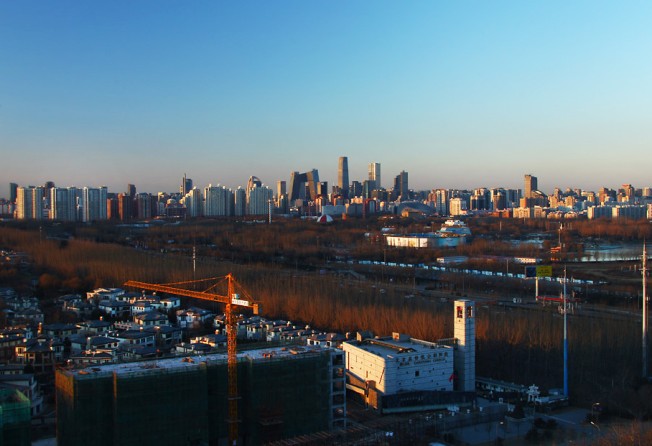This time it looks like Beijing is serious about tackling smog

China's leaders have for some time signalled that their focus for development is quality of life rather than pace of growth. The unchanged economic expansion rate of 7.5 per cent forecast in the government's annual work report is in line with this aim. But Premier Li Keqiang pulled a surprise by making the war on pollution a priority alongside continued poverty reduction. No nation has improved the lives of so many so quickly; with the same determination, there is every hope the environmental crisis can be averted.
Sustainable growth requires a major change in outlook and strong political will to drive reforms and change the mindset of officials. The gradual fall to 7.7 per cent last year from the double-digit annual growth that lifted more than 500 million people from poverty over 30 years is the product of the long-awaited rebalancing of the economy. But with about 8 per cent of people still living below the poverty line and average income still a fraction of that of developed nations, Li rightly told the National People's Congress that every attention had to be paid to "breaking mental shackles to deepen reforms on all fronts".
Clearing the smog-filled skies above cities, making water clean and drinkable, and ensuring that land is safe for agriculture are necessities for prosperity. Pollution from vehicles and coal-fired power plants, factories and furnaces is literally choking the nation, with studies showing it led to the premature deaths of 1.2 million Chinese in 2010. Life expectancy in the north has decreased by 5.5 years, more than 1.3 million new cases of chronic bronchitis and emphysema are diagnosed annually and the number of lives taken by lung cancer has risen by a factor of five in just three decades. The forced closure of offices, schools, roads and airports is harming business, education and tourism.
Worthy pollution-cutting measures have been unveiled, but the worsening readings show that officials are mostly paying lip service to citizens' concerns. Li's pledge to make tackling smog as important as eliminating poverty gives reason to believe that this time authorities are serious. Steps detailed like the phasing out of 50,000 coal-burning furnaces, taking six million vehicles off the roads this year and generating more electricity from cleaner fuel have to be resolutely enforced and given every support. Finally, and perhaps most importantly, the central government should end the focus on economic growth in evaluating local officials for promotion.